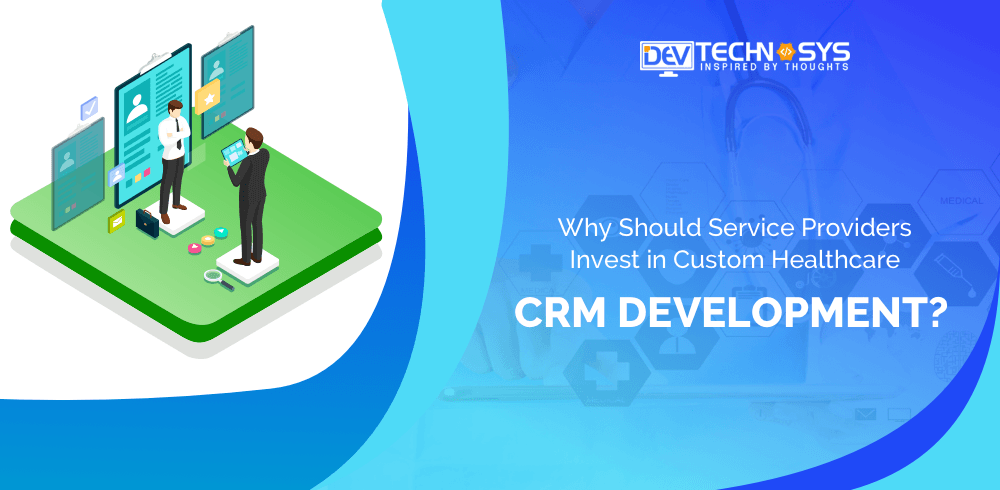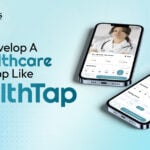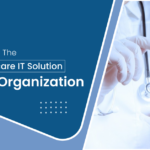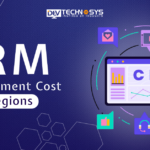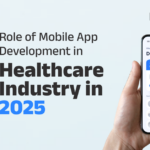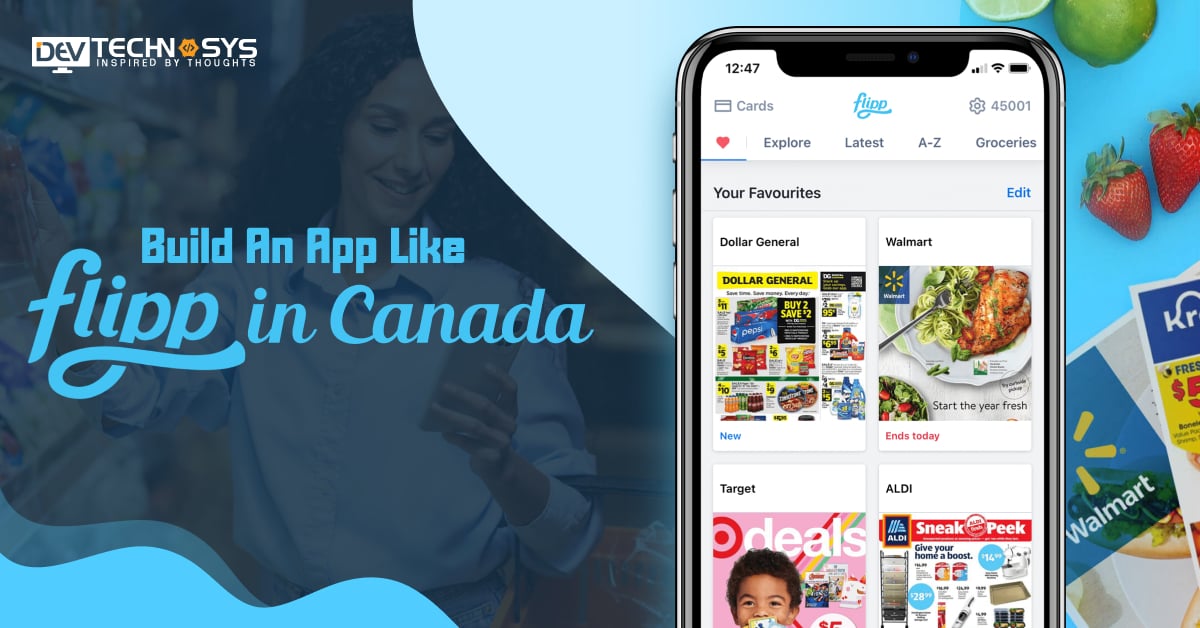According to the data, around 81 percent of the consumers stay unsatisfied with healthcare quality and wish to avoid the system as much as possible. The healthcare industry has not yet fulfilled the satisfaction requirement of the common people.
The industry has taken a huge leap over the years but still, there is a lot to the left to be adopted by the service providers. The quality of healthcare is demanding a more managed process, which has further raised the bar for consumer experience. The healthcare CRM development provider, which aims to close the gap, gains a huge advantage. Although it would not be an easy task for the service providers they need to invest in the healthcare CRM.
The Healthcare application development sector is built on different industries, which include pharmaceuticals, healthcare devices, and hospitals. The investment in these sectors is affected by different factors including the positive trends in particular demographics and the negative trends in reimbursement.
Healthcare investment requires a multifaceted approach to comprehending the underlying factors. The investors can make explicit profits from the overall sector and the industries. This article will define the difference between healthcare industries and concerned metrics for making investments and hiring full stack development services.
Trends In The Healthcare Sector
There are multiple trends, which directly affect the investment in the healthcare sector. While investing in the healthcare sector, one should pay attention to the following trends. The changes and the continuation of the following trends can propose implications for different areas within the healthcare sector.
The positive trends in the healthcare sector include.
• Aging populations
• People live more with chronic disease
• Diabetes and Obesity epidemic
• Technical advantages
• Global spread of diseases
• Personalized medicine.
Negative trends in the healthcare sector include:
• Single-payer
• Uninsured patient
• Cost controls
• Consumerism
What Are Healthcare CRM Development Services?
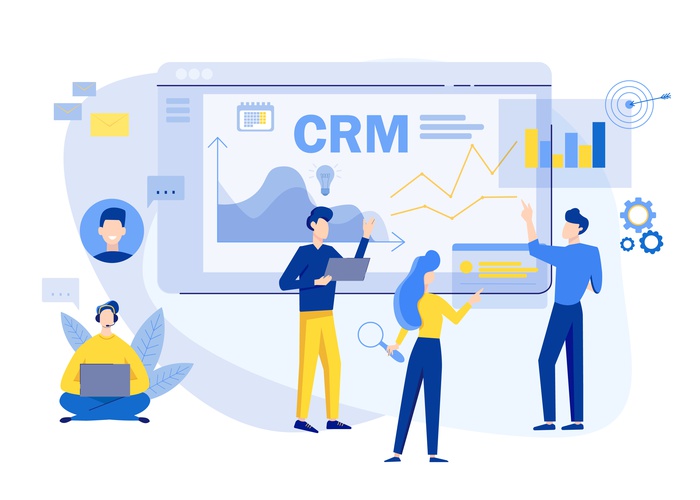
In the healthcare industry, Customer Relation Management tools (CRM) allow you to manage the patients and their important information more efficiently. Similar to the other CRM, healthcare CRM also has some standard modules, which ease the task.
Communication module
The communication module contains some important features, which schedule, initiate, and track the interactions held with patients. The module also contains the options to schedule and confirm appointments, and meetings, and set reminders.
• Scheduling
• Tracking and initiating the interaction with patients
• Tracking and initiating the interaction with students such as their calls, texts, message, etc.
• Setting alerts and reminders for appointments, etc.
Read the blog- Top Trending Healthcare Application
Task Management module
This module helps the staff to add tasks, assign them tasks, view and update the assigned tasks, and track the task progress up to its completion.
• Addition of tasks for staff, medical team, and nurses
• View and update tasks
• Tracking the deadlines, status of completion
Report module
The report module allows the user to customize and generate numerous reports. Such as campaign Return of Investment report, and an average number of no-shows report.
Patient no-shows module
This module allows the employee to add and update the patient record, and segment patients according to their condition. Also, it allows for effectively interacting and communication with the patient according to their health condition.
• Add or update the patient records along with relevant information such as names, locations, contacts, insurance, and card numbers.
• Segment patients for targeting similar groups and effectively communicate with the patients accordingly such as (pregnant patients, patients with obesity, bladder cancer in remission and obesity, etc
Healthcare app development CRM can facilitate healthcare facilities such as retail health clinics, primary care physicians, primary care offices, urgent care centers, outpatient medical centers, emergency facilities, etc.
As per the RTS lab, Marketing becomes more effective when you know your customer better. This works similarly to medicine. Working with the healthcare CRM development helps in keeping track of the patient, taking note of their medication, managing information that takes care of their care providers and other important piece of information helps in getting the complete picture of the patients.
A good CRM gives the ability to keep track of each patient on the macro and micro levels. On the micro level, a healthy CRM gives the patient timeline, whereas, on the macro level, the CRM gives an overall view of your customer data, which helps in taking better decisions.
Hospitals + CRM
Below is the number of use cases from the large, small, and midsize hospitals along with the use case of outpatient centers.
The large caregivers apply healthcare CRM capabilities in population health and patient outreach for:
• Handling preventive care email marketing campaigns.
• Informing the patients about cancer trials.
• Creating a single repository for gathering and synchronizing PHI across multiple facilities.
• Providing patients with post-discharge follow-ups.
Medium and small hospitals turn the CRMs for optimization of internal processes instead of the external communication efforts, for:
• Optimizing case management
• Introducing care team collaboration
• Improving scheduling and alerts
• Monitoring the medical equipment.
The outpatient center put more stress on the better interaction with the patients and the improvement of internal processes, which is for:
• Consolidating the PHI in centralized databases.
• Tracking patient appointments, interactions, and follow-ups.
• Evaluating the performance of staff.
We can also sum up the most frequently used CRM development service features:
Use cases proffer an interesting insight. The CRM app areas overlap between different providers, outpatient centers and large caregivers are more focused on patient outreach. The most crucial reasons for the focus of large hospitals on patient communication are rooted in several factors.
1) First, most, of the IT infrastructure of a hospital can be too complex and the other system can be used for harnessing the other need of the provider such as case management, and team collaboration. Therefore, the tools are used more for marketing.
2) Secondly, the health system sets trends and development trends. The health systems should be the role model in patent engagement, population health, and preventive care.
3) Also, the caregivers first are hit by the ACO requirements and value-based care. For the sake of quality care, reimbursements, and shared savings, they direly need to lessen the patient acuteness ad take preventive actions as soon as possible.
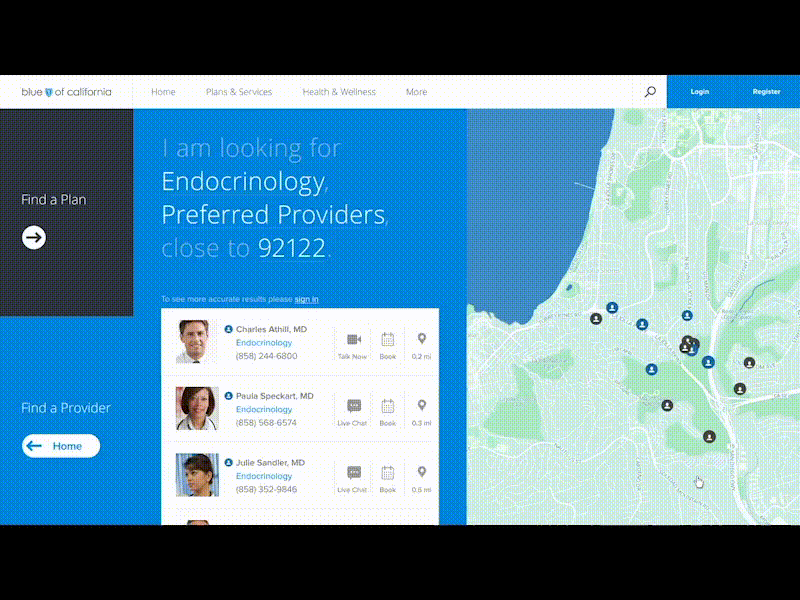
Outpatient care focuses on the interaction in the first place, and that is what their business model is. The providers need to be proactive because patient visits are the most important factor for the center’s functioning. It is not that these units try to scare patients intentionally by luring them into unnecessary tests and procedures. The motive is to win the patient’s trust and loyalty.
The mid-sized and small hospitals have a different perspective on the requirement of CRMs and often use them for self-improvement. The approach is noteworthy because the caregiver aims to uplift the care delivery. The multi-department care teams are composed and effective collaboration is ensured.
The benefits, which insist the service providers invest with CRM development companies:
Above, we have touched on the self-evident benefits; caregivers get from the CRM outreach, equipment management, and care team collaboration. However, alongside, there are two major bonuses, which Healthcare CRM brings along.
Data Security and Compliance
Data security is an old concern for service providers and this is also a huge concern for SaaS development Companies. According to a healthcare data breach report, *in 2016, the healthcare suffered 450 PHI breaches, along with 27 million stolen patient records. In the year 2016, there were the highest breaches since 2009. The HIPAA violations were settled with $22,855,300. HIPAA and compliance are not easy and costly to be ignored. The CRM alone is the stand-alone remedy for the rock-solid PHI protection, but it still improves the security by sensitive data encryption and backup for restoring it after a malicious attack.
Providers can also work with access control, where only authorized health specialists can retrieve information and check data. Additionally, the service providers also adhere to the state and federal legislation and avoid penalties for mishandling the patient information.
Read the blog- Cost and Feature to Develop CRM Software
Improves The Billing Process
CRM software improves the billing process. Also, the software is used for collecting and updating the payment details of the customer. Center for Medicare and Medicaid Services reports that the healthcare spending for the United States grew by 3.9 percent in 2017, which reached $3.5. Healthcare spending contributes 17.9 percent of the national GDP.
The use of CRM makes transaction and payment status tracking, and bill patient tracking easy. The majority of CRM systems are made with analytical tools to provide real-time insights for payment processing. One can also use CRM and SaaS services for monitoring the outstanding bills and sending reminders for bringing the patients.
Patient Outreach Program
You can segment the patients into different target groups with the help of CRM systems. You can also send marketing materials along with the relevant medical information. CRM app development allows communication with other patients pre and post their visits, which promotes healthier outcomes. The service provider can also send a reminder to the patients and keep them in communication over the general wellness issues.
Automation and Improvement of Workflow
The CRM system automates the workflows, which include patient referrals and prescriptions. The practitioner gets able to save enough time and resources along with reliable services. The mistakes in the information are also avoided with the help of CRM.
Compliance Requirements
HIPAA and compliance norms are not easy to be followed and met. The CRM system simplifies the storage process in the safest way, where it works in compliance with federal regulations. With the help of the right CRM system, penalties can be avoided for negligence in patient handling and unlawful data storage. The frequent violation of HIPAA, it is more important to adopt the CRM systems.
Patient Experience Enhancement
It is always difficult to retain the existing patients with unsatisfying care and service level. The CRM system helps in improving communication between staff and patients. The CRM system helps in delivering the appropriate medical information for patients and reduces the waiting period. All of this contributes to the patient’s positive experience.
While investing in Healthcare CRM, it is also important to focus on the challenges. Here are a few
CRM Adoption Challenges For Service Providers
Goal Setting
Before investing in healthcare CRM, it is also important for the service provider to define the objectives. The objectives, for which the CRM system is being prepared, include the milestones, and measurable metrics for better vision. Without proper goal definition, the caregiver can tangle into the less worthy and highly pricing systems.
Without proper goal definition, the service providers reckon the CRM with features and come out with several useless features. The vendors and the CRM development companies usually try to sell maximum features to make money. Spending over the unnecessary feature can never benefit the business.
Integration
The integration of CRM with the existing system is necessary to work well. Integration as it seems easy it a crucial and little hard process. The healthcare CRM is the main data source and it needs the proper connection between the different applications for bringing value.
Many healthcare vendors put some clauses and strict policies over the integration. Especially these restrictions are imposed in the case of Healthcare CRM. Therefore, healthcare providers need to provide the IT infrastructure map to vendors, which can ensure smooth integration from the beginning. For the healthcare centers, where the multiple systems are there from different vendors, the communication between all those parties needs to be ascertained.
Also, there is a challenge in centralizing the data and creating the mirror storage for saving the data and easy retrieval.
Staff Training
Most of the staff are not always too enthusiastic to understand and learn the knowledge of another system. Drawing out the time from their daily routine and learning new software is a tough task. Therefore, the clinical service providers need to take the challenge and streamline staff adaption. The clinical workforce is adjusted for including the CRM as one of the default tools.
Future of CRM
AI is now spread everywhere. Even the toys are using Artificial intelligence and the apps are updated regularly. The flying news of the partnership between huge companies also makes an impact on the data.
Wrap up
The service providers are prepared for transforming the relation management app into a capable system with help of full stack development companies in which the caregiver needs equipment tracking and performance evaluation. This is how health CRM works.
The healthcare CRM can be understood as the bottomless box, with hundreds of alternative tools for configuring the way the user wants. With CRM, the caregiver wishes for external and internal optimization. Marketing is fast and the health industry is not too far from the AI era.
Fitting more patients into the schedule for doctors, and staying economically viable while improving the consumer experience alongside is a tough task. This is why; you need to deploy several tools for bettering the doctor-patient relationship and personalizing the service.
